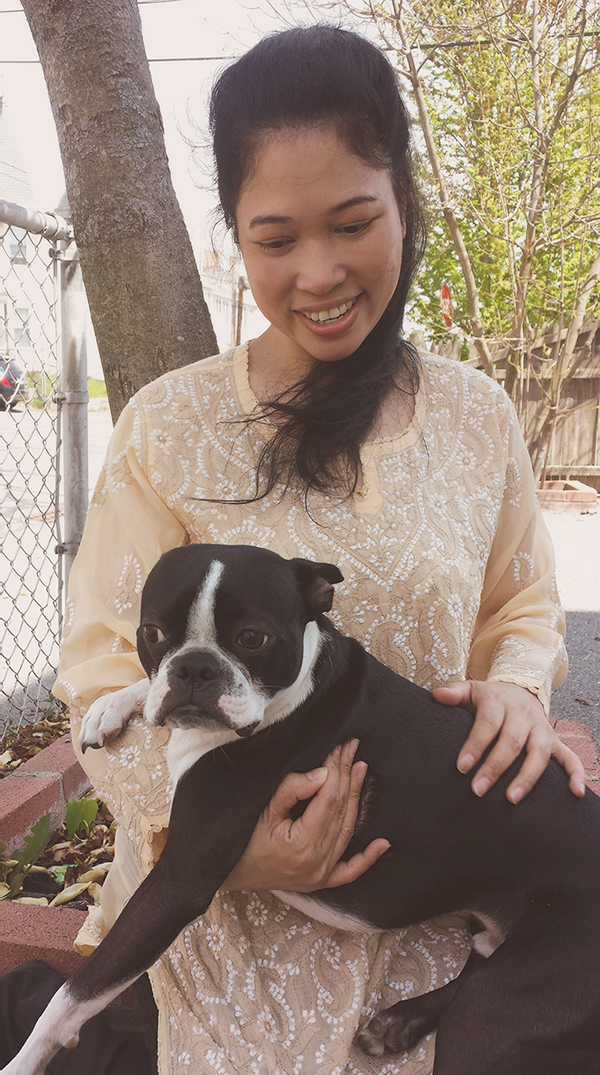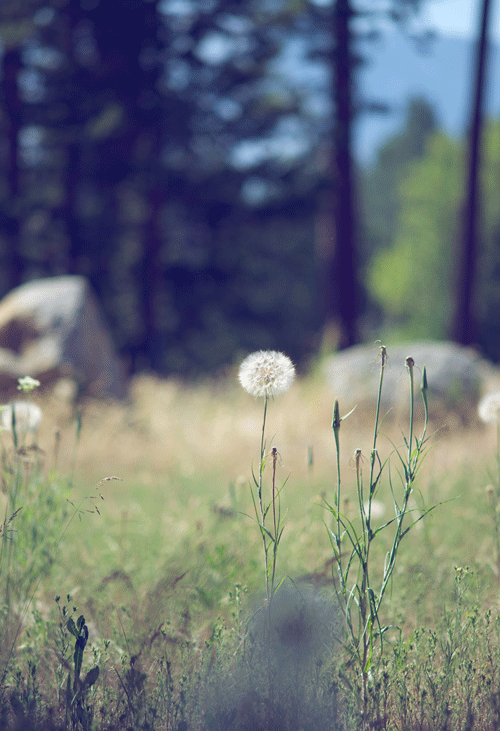
translated from the Pali by Piyadassi Thera © 1999
Thus have I heard:
On one occasion the Blessed One was living near Savatthi at Jetavana at Anathapindika’s monastery. Then in the forenoon the Blessed One having dressed himself, took bowl and (double) robe, and entered the city of Savatthi for alms. Now at that time a fire was burning, and an offering was being prepared in the house of the brahman Aggikabharadvaja. Then the Blessed One, while on his alms round, came to the brahman’s residence. The brahman seeing the Blessed One some way off, said this: “Stay there, you shaveling, stay there you wretched monk, stay there you outcast.” When he spoke thus the Blessed One said to the brahman: “Do you know, brahman, who an outcast is and what the conditions are that make an outcast?” “No, indeed, Venerable Gotama, I do not know who an outcast is nor the conditions that make an outcast. It is good if Venerable Gotama were to explain the Dhamma to me so that I may know who an outcast is and what the conditions are that make an outcast.”[1]
“Listen then, brahman, and pay attention, I will speak.”
“Yes, Venerable Sir,” replied the brahman.
1. “Whosoever is angry, harbors hatred, and is reluctant to speak well of others (discredits the good of others), perverted in views, deceitful — know him as an outcast.
2. “Whosoever in this world kills living beings, once born or twice born,[2] in whom there is no sympathy for living beings — know him as an outcast.
3. “Whosoever destroys and besieges villages and hamlets and becomes notorious as an oppressor — know him as an outcast.
4. “Be it in the village, or in the forest, whosoever steals what belongs to others, what is not given to him — know him as an outcast.
5. “Whosoever having actually incurred a debt runs away when he is pressed to pay, saying, ‘I owe no debt to you’ — know him as an outcast.
6. “Whosoever coveting anything, kills a person going along the road, and grabs whatever that person has — know him as an outcast.
7. “He who for his own sake or for the sake of others or for the sake of wealth, utters lies when questioned as a witness — know him as an outcast.
8. “Whosoever by force or with consent associates with the wives of relatives or friends — know him as an outcast.
9. “Whosoever being wealthy supports not his mother and father who have grown old — know him as an outcast.
10. “Whosoever strikes and annoys by (harsh) speech, mother, father, brother, sister or mother-in-law or father-in-law — know him as an outcast. Continue reading →


















